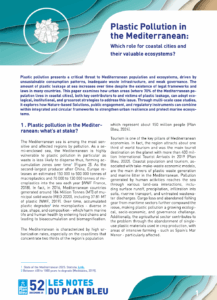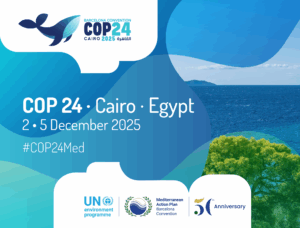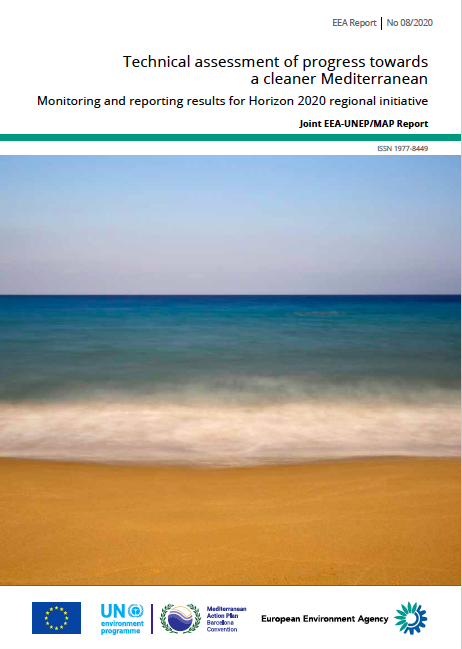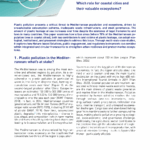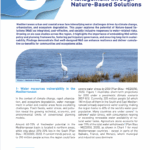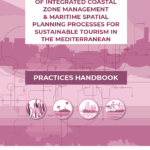Monitoring and reporting results for Horizon 2020 regional initiative
Nearly 15 years after the launch of the Union for the Mediterranean (UfM) Horizon 2020 initiative, we take stock of the progress achieved towards a cleaner Mediterranean, against the backdrop of the socio-economic, geopolitical and structural changes the region has witnessed during this time. Halfway through the milestone year of 2020, when the initiative comes to an end, we have gathered a body of evidence on the key achievements whilst also taking stock of the challenges and gaps undermining progress, not only at the regional level but also in each individual Mediterranean country. This is the fourth Mediterranean regional assessment published jointly by the European Environment Agency (EEA) and the UNEP Mediterranean Action Plan (UNEP/MAP) — the second consecutive report at the specific request of the UfM Ministerial conference. It comes six years after the 2014 Horizon 2020 indicator‑based assessment, the first review of the main pollution pressures (municipal waste, wastewater and industrial pollution) affecting the Mediterranean’s environmental status. The current report includes the entire Mediterranean region and broadens the scope to cover emerging issues, such as marine litter, hazardous waste and the quality of bathing water. Thus, the 2020 assessment provides a more complete and holistic evaluation of the regional efforts and achievements towards protecting the Mediterranean coast and sea. Yet, the overarching message remains as relevant as it was in 2014: ‘enhanced efforts, among which further and better implementation of policies supported by reliable, targeted and, above all, shared environmental information are still required’.
To consult the summary, click here.






